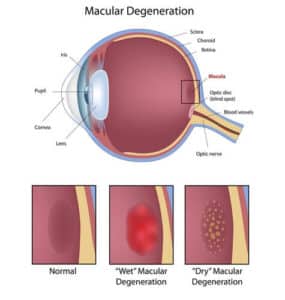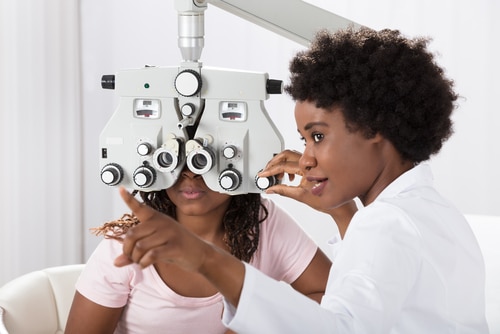If you can’t remember the last time you saw an eye doctor or had an eye exam, it may be a sign you’ve gone too long without a checkup. It’s essential to visit your eye doctor regardless of how well you can see.
However, many people only go to the ophthalmologist after noticing a problem instead of frequently. Getting your eyes checked regularly ensures you maintain healthy vision. Here’s a closer look at why routine eye examinations are so important.
Your Eyes Can Tell a Lot About Your Overall Health
Beyond preventing vision problems from worsening or developing, eye exams offer your ophthalmologist insights into your general health. Comprehensive eye examinations can help your eye doctor spot serious health issues like:
- High blood pressure
- Thyroid diseases
- Diabetes
- Lupus
- Rheumatoid arthritis
- High cholesterol
- Psoriasis
- Multiple sclerosis
- Tumors
- Cancer
Seeing your ophthalmologist for regular eye exams is vital as these health conditions usually don’t appear until they’ve progressed considerably. Your eye doctor may be the first one to spot the warning signs, leading to earlier treatment.
Contacts and Prescription Eyeglasses

If you wear glasses, one of the primary purposes of your eye exam is to ensure that your glasses fit correctly and you have an updated prescription. The last thing you want is to walk around being unable to see because your prescription is outdated.
If you also wear contact lenses, you can have them refitted as necessary and update your prescription if needed. This is crucial because poorly fitting contacts can result in severe eye infections or, even worse, permanent corneal scarring.
Your eye doctor may also recommend eyewear that will help, like polarized sunglasses, if you’re experiencing any eye problems. Polarized sunglasses filter out harmful UVA and UVB rays to make your eyes more comfortable. You’ll feel safer while driving and prevent damage to your eyes.
Detecting Symptomless Eye Conditions

When you don’t see your eye doctor for eye exams regularly, you put yourself at risk of developing symptomless eye conditions. These can include diseases like cataracts, age-related macular degeneration, and glaucoma.
If you get diagnosed with one of these eye conditions, you may not realize you have them at first. They may develop slowly over months or years. At first, there may be no symptoms at all until they reach more advanced stages. The trouble with this is that vision loss is permanent and irreversible if you have one of these eye conditions, except for cataracts.
The best solution? See your eye doctor for an annual eye exam. At the very least, make sure you see your eye doctor if something seems wrong with your eyes or your eyesight has changed.
Prevention

Annual eye exams help stop vision problems. In addition, they enable your ophthalmologist to keep eye and vision problems at bay.
No matter how clearly you can see, it’s important to note that almost 90 percent of people who use digital screens at least three hours a day have vision issues caused by digital eye strain. When left untreated, digital eye strain worsens over time.
Some of the symptoms associated with digital eye strain include excessive eye discomfort, eye fatigue, blurred vision, increased sensitivity to light, and poor concentration. Regular eye exams can aid in reducing or preventing the symptoms associated with digital eye strain.
Have a Better Quality of Life
How well you can see impacts your quality of life. While your life won’t end if your vision becomes impaired, it will undoubtedly change because of it.
If you lose some or all of your eyesight, enjoying your favorite hobbies and activities will be more challenging. You may also find it difficult to perform everyday tasks without struggling.
Every year, choosing to schedule an eye exam plays a critical role in protecting and preserving your vision. With the help of routine eye exams, you can see the world around you with clarity for years to come.
Declining Vision
Sometimes, it can be hard to notice slight vision changes. You might not even realize it’s possible to achieve crisper, clearer vision. By having your eyes examined frequently, your ophthalmologist can determine if your eyesight is deteriorating.
If it is, they can provide the proper treatment to ensure you’re seeing at your best. Some of the problems your eye doctor checks for and corrects include:
Amblyopia
Amblyopia is a condition where one eye needs higher correction than the other, or both eyes are misaligned. Your eye doctor can diagnose amblyopia (also known as a lazy eye). If you have amblyopia, it can be treated using glasses or eye drops.
Strabismus
Also known as crossed eyes, strabismus affects depth perception. If it’s not corrected, it can cause amblyopia. Treatment strategies for strabismus include prism eyeglasses and Botox.
Refractive Errors
Astigmatism, nearsightedness, and farsightedness are refractive errors. Refractive errors occur when the eye cannot focus images properly, usually due to the eye being an irregular shape.
They can be corrected using contact lenses and prescription glasses. You can also permanently correct refractive errors by undergoing a laser vision correction procedure like LASIK or PRK.

Your Prescription Might Have Changed Since Your Last Appointment
If you wear contacts or glasses, your prescription could have become outdated since your last visit.
If your eyes are still developing and changing, they are not stable. If you wear glasses or contact lenses, you must see your eye doctor every year to update your prescriptions.
Have You Had an Eye Exam Recently?
If you haven’t visited an ophthalmologist recently, why not schedule an appointment with the eye doctors at Takle Eye Group in the new year? Schedule your appointment at Takle Eye in Griffin, GA, today!




